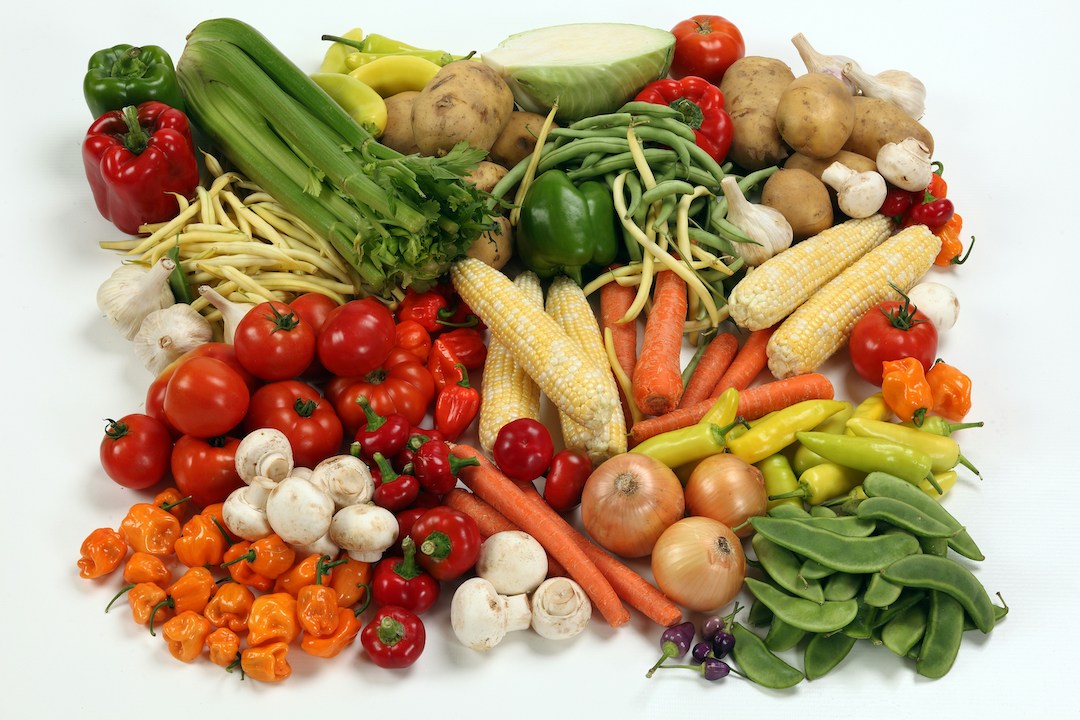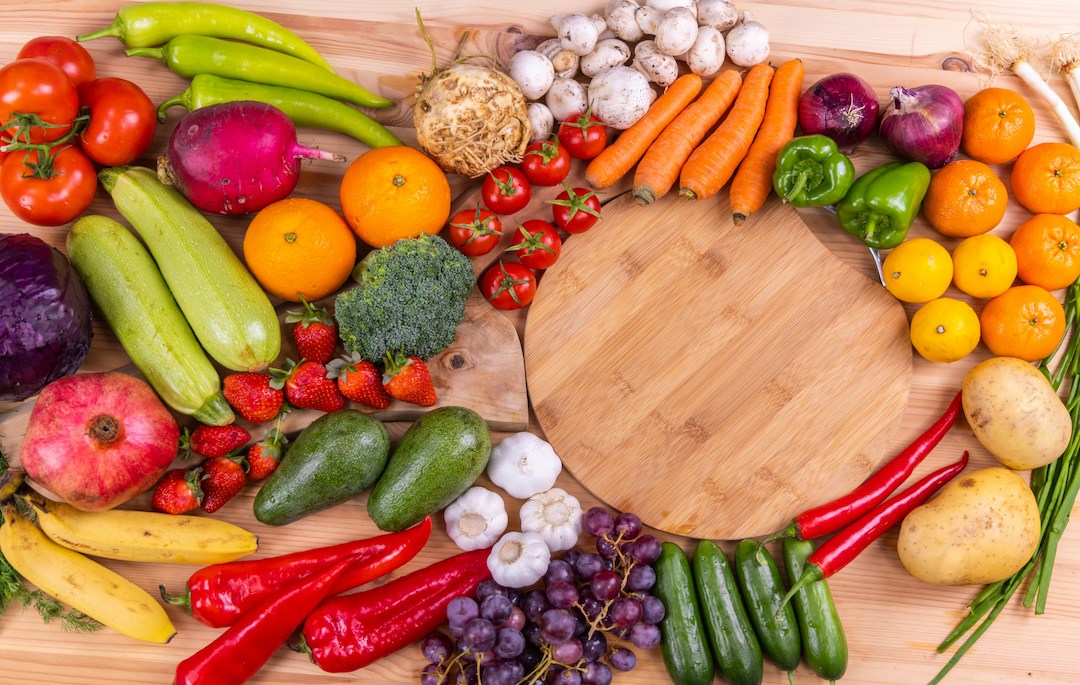New findings from the Australian Bureau of Statistics have revealed that Australians are consuming less fresh food, with leading organisations pledging to promote better dietary choices in communities and schools.
The report found that the intake of fruits, vegetables and milk in particular had dropped across the country. In fact, Aussies bought approximately 3.9 percent less food in 2022-23 than in the year before.
The purchase of vegetables saw the largest decline, with an average of around 14 grams per person per day. Fruit was down 12 grams, while milk products reported a drop of 11 grams.
Paul Atyeo, the Australian Bureau of Statistics (ABS) health statistics spokesperson, believes these numbers point to a broader bias.
“Each person had 186 grams of vegetables a day in 2022-23, down from 200 grams a day in 2021-22,” he explained.
“Many of the foods that dropped during 2022-23 are part of longer-term trends. We’re consuming between 5 to 8 percent less cow’s milk, bread and fruit juice per person compared to 2018-19.”
However, not all foods are on a downward trend, with potato chips, chocolate, cereals and convenience meals being consumed more often in the last few years.

School snacks
Responding to these findings, the Federation of Canteens in Schools pointed to a decline in nutritious dietary choices, which can impact overall health and wellbeing. It emphasised its commitment to supporting the physical and cognitive development of children and adolescents by working with canteen networks and companies across the country.
“Our nation’s youth are facing challenges when it comes to maintaining a balanced diet,” said Leanne Elliston, Chairperson of the Federation of Canteens in Schools.
“As we witness a decline in the consumption of fruits and vegetables and an increase in unhealthy packaged snack foods, it becomes increasingly evident that the role of school canteens in providing healthy food choices for children has never been more crucial.
“By offering a diverse range of nutritious options, school canteens serve as vital hubs for instilling lifelong habits of healthy eating and nourishment for young children.”
The Federation of Canteens in Schools pledged its dedication to fostering positive relationships with food, and hopes to encourage households to eat more fruits and vegetables in the future.

Cost of living concerns
According to the ABS, the lower overall consumption of food can be linked with increased grocery prices in the midst of the current cost-of-living crisis.
“In the two years to June 2023, the cumulative Consumer Price Index (CPI) increase for food and non-alcoholic beverages totalled 13.9% compared with a 4.9% cumulative increase over the three years prior,” it stated.
“The recent price increases in food, along with a general increase in all consumer prices is consistent with a lower volume of food being purchased despite the value of food retail turnover in 2022-23 exceeding previous years.”
In fact, according to a second ABS report, the biggest increase in CPI over the last 12 months occurred in the Transport (13.7%) and Housing (6.7%) sectors. With prices increasing across all aspects of daily life, it is unsurprising that consumers are looking for ways to lower their spending, often turning to the weekly grocery haul.
To learn about the increasing popularity of one food sector – plant-based meat – click here.

